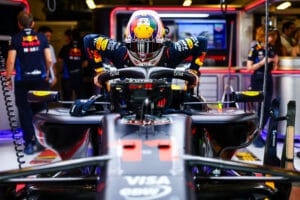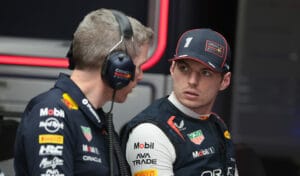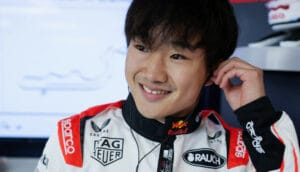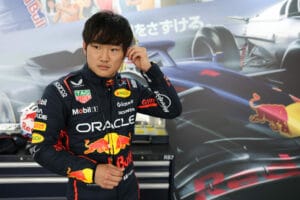Alpine advisor Flavio Briatore reveals the extensive changes made within the French team since his appointment. The Italian businessman reverted the team’s structure back to its Renault-era format, resulting in job losses. However, the restructuring has already borne fruit, with Alpine achieving a double podium finish in São Paulo.
In late June, the controversial Italian businessman Flavio Briatore returned to Formula 1. The Italian was previously banned from the premier class following his role in crashgate, the 2008 scandal where Nelson Piquet Jr. deliberately crashed his car. Despite this, Alpine decided to appoint Briatore as an advisor, and in the months since, significant changes have been made within the French team.
“This year, we had a sort of spring cleaning,” Briatore tells Sky Italia. “We took a step with the 2024 car to focus on the single-seater for 2025. The others had to take a step back and then move forward, unlike us. We are moving forward in one go.
Returning to the Renault Era
For Briatore, who was previously the team boss of Renault, this meant that Alpine had to return to its old structure. “We had to go back to the situation where people were working in the racing team and not in the offices,” said Briatore. “We have put everything back where it belongs. Alpine UK is now completely independent of the rest. We are back to how it was in the Renault era. The engineers who are there now are only the F1 engineers. Everything is focused on the team. Those who had to leave, have left.”
The reintroduction of the old structure did not go entirely without a hitch. For instance, three hundred jobs were lost at the French racing stable. “When I arrived here, there were 1150 people. Now there are 850,” reveals the 74-year-old.
Risks in Brazil
Briatore’s approach seems to be working already, as Alpine surprisingly secured two podium finishes in São Paulo. Esteban Ocon and Pierre Gasly finished in second and third place respectively at Interlagos, with Gasly making up ten places after starting from P13. “When you’re competitive, it’s easier to take risks. In Brazil, we were very competitive, so we took risks because we could. The drivers also did well,” concludes Briatore.









